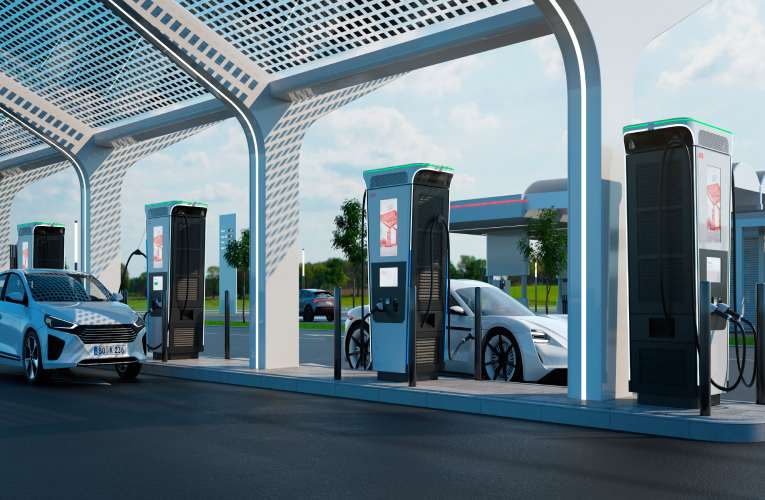
Last year, several automobile makers already warned that if the values are decreased then the complications will be higher and the electric car adoption will also reduce
In order to meet the fuel economy requirements of the government, the U.S. Energy Department (DOE) recently announced a strategy to decrease electric vehicles' mileage ratings. According to the department, this strategy is an effort to make car-makers sell more volumes of low emission vehicles or perk-up their traditional IC models.
According to a report of the Reuters, the US department of energy desperately wants to alter the way it calculates the petroleum-equivalent fuel economy rating for electric and plug-in electric hybrids for utilization in the National Highway Traffic Safety Administration’s (NHTSA) Corporate Average Fuel Economy (CAFE) program. It’s been several years since the calculation system has been updated.
Media reports also added that Miles Per Gallon equivalent (MPGe) ratings are determined by using values for national electricity, petroleum generation and distribution efficiency and driving patterns. The DOE mentioned in its regulation, “Encouraging adoption of EVs can reduce petroleum consumption but giving too much credit for that adoption can lead to increased net petroleum use because it enables lower fuel economy among conventional vehicles, which represent by far the majority of vehicles sold."
On the other hand, environmental bodies also opine that for determining the Corporate Average Fuel Economy (CAFE) standards, the fuel economy ratings for electric cars are very high other than the list mentioned in the government’s consumer website. Last year, several automobile makers already warned that if the values are decreased then the complications will be higher and the electric car adoption will also reduce.
The auto firms stated that it is still not clear in the coming CAFE standards how the proposed DOE calculation will be deployed. According to a report of Reuters, a Volkswagen ID.4 EV with a current 380.6 MPGe under CAFE would get 107.4 MPGe under the DOE proposal, while a Ford F-150 EV drops from 237.1 to 67.1 MPGe and Chrysler Pacifica plug-in hybrid falls from 88.2 to 59.5 MPGe.
The Environmental Protection Agency is going to set out new propositions to induce cuts in car emissions that will help EV makers to have increased sales in the coming years. The 2027 to 2032 model year pollution cuts are expected to result in at least half of the new U.S. vehicle fleet by 2030 being electric or plug-in hybrids, sources said, in line with a goal President Joe Biden outlined in 2021, added Reuters.

